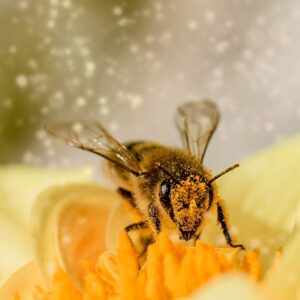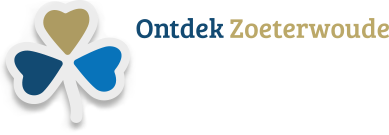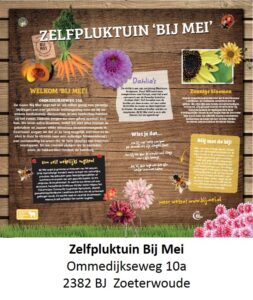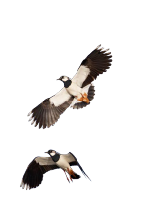

Self picking garden Bij Mei
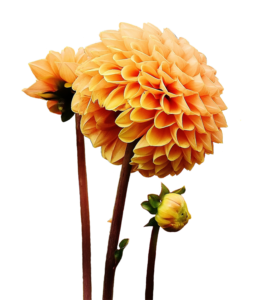 Welcome at Bij Mei!
Welcome at Bij Mei!
The name 'Bij Mei' says it all: we would like to contribute to a healthy environment for the bee and other pollinating animals. In our landscape they have a hard time. That is why we provide them with non-toxic food. We grow extra flowers, so that we do not have to use everything and we sow wild native flower mixtures. We also make sure that there is something for them to eat for as long as possible by striving for a complete 'blossom arch'; a collection of flowers that overlaps the entire flight period of insects. And we create nesting places, such as the dead hedge around the garden.
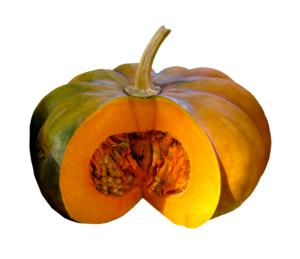 Come and harvest every week!
Come and harvest every week!
At Bij Mei's you harvest vegetables and flowers of the season. Our small-scale gardening business works on the basis of natural principles. We do not use pesticides or fertilizers and work on a healthy soil. And we increase biodiversity. In this way we work together towards a sustainable, restorative agriculture.
Bij Mei works according to the CSA principle: Community Supported Agriculture. Agriculture which is supported by you as a consumer. The gardener grows and cares for the crops, after which you can come and harvest them yourself every week.

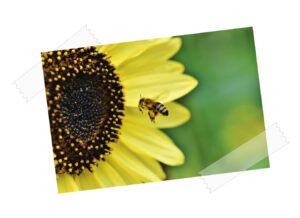 Sunny flowers
Sunny flowers
The sunflower also comes from the American continent. The Indians discovered that the seeds, which are rich in fiber and unsaturated fatty acids, were very healthy and ate them.
That is why the Spaniards brought this nutritious flower home at the beginning of the 16th century. The official name is helianthus and comes from the Greek: Helios means sun and Anthos means flower.
Dahlias
This is a dish that for centuries has been linked to Leidens Ontzet, The Siege of Leiden: the liberation of the Spanish besieged city by the Beggars in 1574. Every year on October 3, it is celebrated with a stew of carrots, onions and potatoes, served with 'klapstuk'. A beef brisket or 'klapstuk' is beef cut from the ribs, the short ribs of the animal.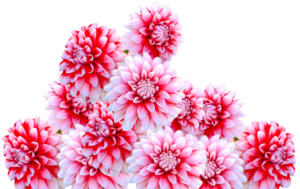
Happy with the bee!
Bees are very useful animals. Without bees, human food production would be in serious trouble. Without pollination there would be no fruit, but also no seeds. In addition, the bee provides the necessary biodiversity in nature with the pollination of many wild plants. In addition to this important task, the bee is a supplier of many useful products for humans. But unfortunately more than half of the 350 bee species in the Netherlands are threatened with extinction...
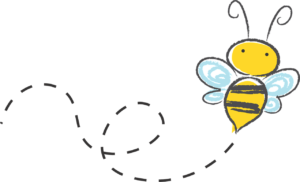
Did you know that...
...a bee beats its wings 200 times a second?
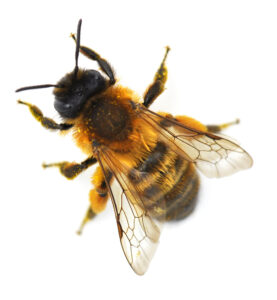
...a bee will fly around the world once for one kilo of honey?
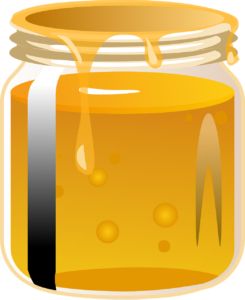
...he'd have to get about three kilo of nectar to do this?
